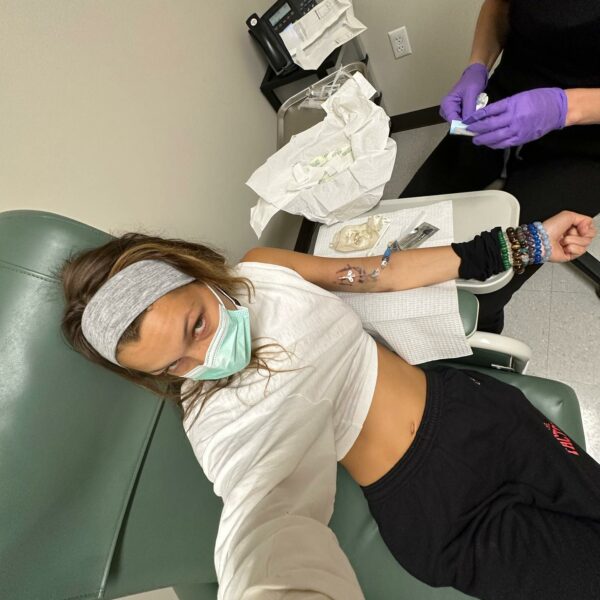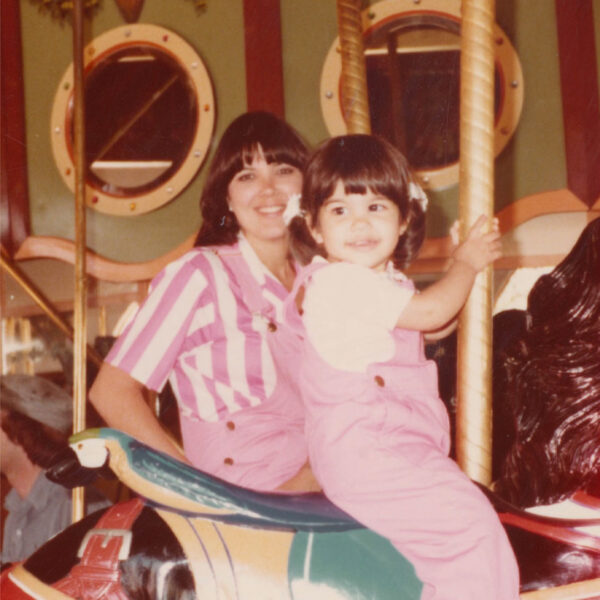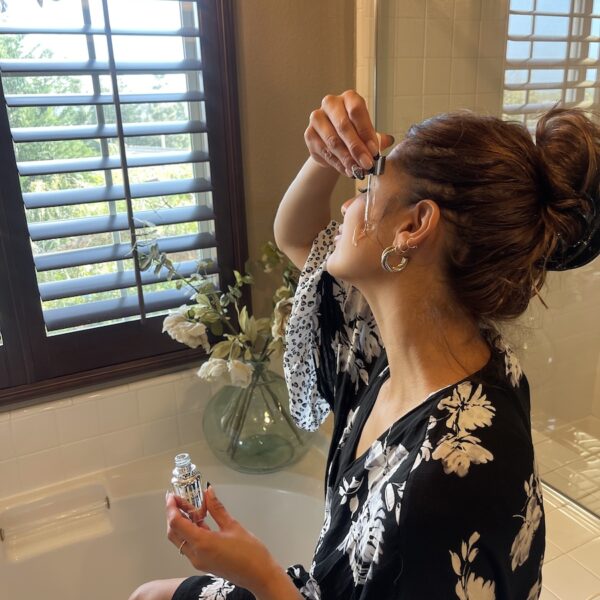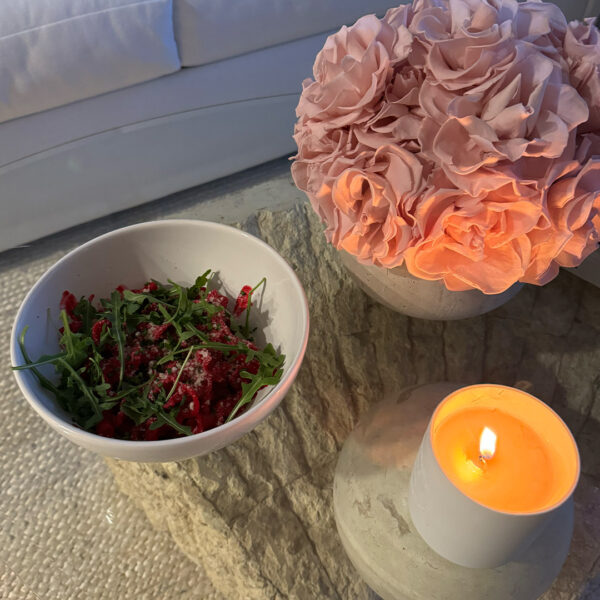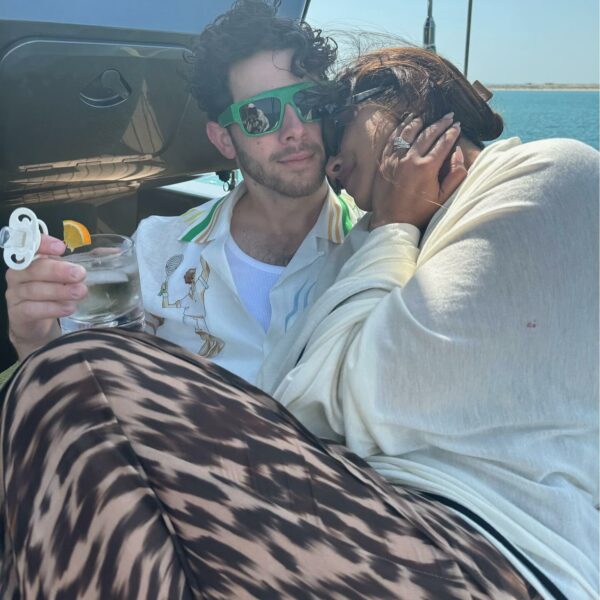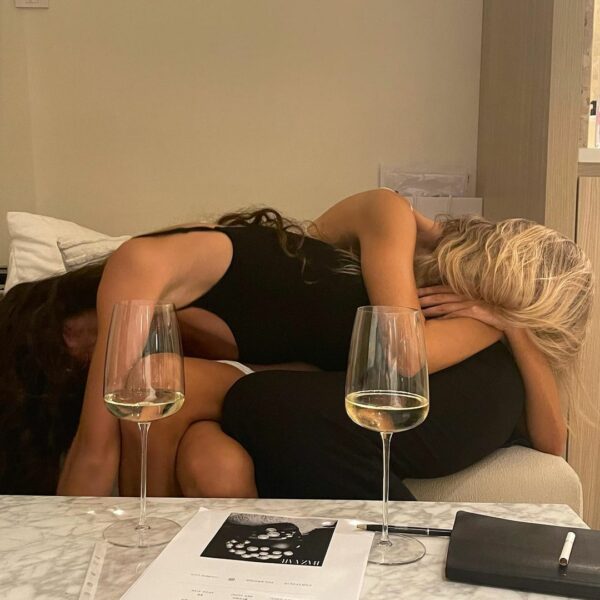Once a cheater not always a cheater. I know we’re used to hearing the opposite, but I’d like to offer a new lens today.
That other narrative, the one saying cheaters never change, is around because so many have been burned time and time again by a person who proclaims that they’ll never do it again … just to do it again.
Those stories make it hard for those who have been cheated on to believe that a new outcome can happen. And even when we think that it might be possible, there’s another part that is rightfully afraid of being betrayed once more, or feeling like the fool who let it happen again.
And for those who have done the cheating, that narrative hits hard too.
“Can I trust myself to break free and not do this again?” “Will we actually be able to move on?” “Will I always be the villain in the story?” “Maybe I am just a cheater.”
The stories of others cannot be what define yours. What will define your survival will be how willing you both are to waking up.
What do I mean?
Waking up to your patterns, your thoughts, your sabotage, your blocks, and your beliefs.
The depth to which you’re willing to wake up and meet new parts of yourself and your partner will be critical.
Cheating holds a lot of information if you’re willing to look. The couples who are able to co-create a new relationship with one another are those who approach the process with curiosity, hold space for their own and each other’s emotional experience, find responsibility and ownership for their contribution, release the story that the cheater is the villain in the equation, and work toward creating a new relationship (think 2.0 style) as they move forward.
Become curious about your partner and what was going on for them internally. Ask them questions such as: how did you arrive at this place? What have you been holding in? What do you think I was missing? What do you want to share with me? What stories are you telling yourself about us? Become curious about your own internal experiences as well: what am I feeling? What stories am I telling myself about this?
Oof, there’s a lot of emotion that can come up in this space—from sadness to grief to anger to rage to embarrassment to shame. The list goes on. The feelings need to be felt, friends. It’s not easy, but creating some space to allow each other to share honestly and openly is important. This is not a permission slip for aggression or abuse. It must be clean, honest, and expressed. You both have a right to feel and share.
Responsibility and Ownership:
If you’re working on rebuilding your relationship, then you do need to take an honest scan of what you need to own and be responsible for. It’s easy to get lost in making the one who cheated the one who needs to own it all. Most of the time we’re co-contributors to a breakdown in the relationship. Be open to seeing your part. Even if you weren’t the one to betray in this cutting of a way, there may be things that you need to own that are much more subtle.
Ugh. Another hard one. The cheater = the villain. It’s easy to think and feel that way. And for a bit of time, you may need to just be in that space. But one of the concerns I hear the most from those who have cheated is “Will I always be the villain?” “Will I always be the bad one?” “Will I always have to pay for this?” No one wants to pay for something forever. The work is to integrate and release. Work toward releasing that story. Explore why you want to cling to it if you have a hard time letting it go. What does it serve for you if you keep telling yourself that they’re the bad one?
A common recommendation from therapists is to let the original relationship end. It doesn’t mean you won’t take parts of it with you, but version 2.0 (or 3.0) will need to be a new relationship with different agreements and contracts and expectations in place.
Don’t forget, your curiosity will always lead you to expansion and growth, even if it’s not with the same person.
Poosh Edit: Best of Bedroom Essentials

Vienna Pharaon is the founder of Mindful Marriage and Family Therapy and is one of the most sought-after Licensed Therapists in New York City. She has a way of leading people back home, connecting deeply to their needs, and helping people connect to their voice in order to create the change they wish to see in themselves and their relationships. She is the relationship expert for Motherly, has over 400K followers on Instagram, and has been featured in The Economist, Fatherly, The New York Post, and Vogue.




